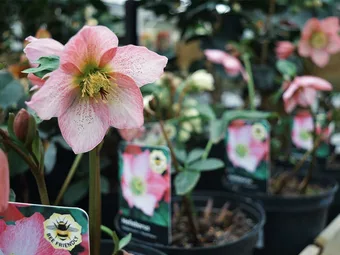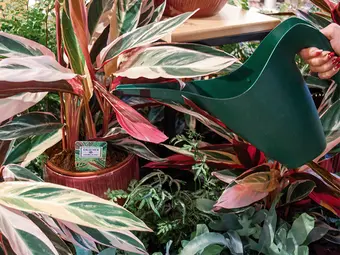Tree-menous Trees!
Trees are more than just beautiful to look at. They provide important benefits for our environment and health. Trees can capture and absorb rainfall in areas that are affected by excessive water. The roots soak up the moisture, which in turn reduces runoff. This can help to prevent flooding and erosion.
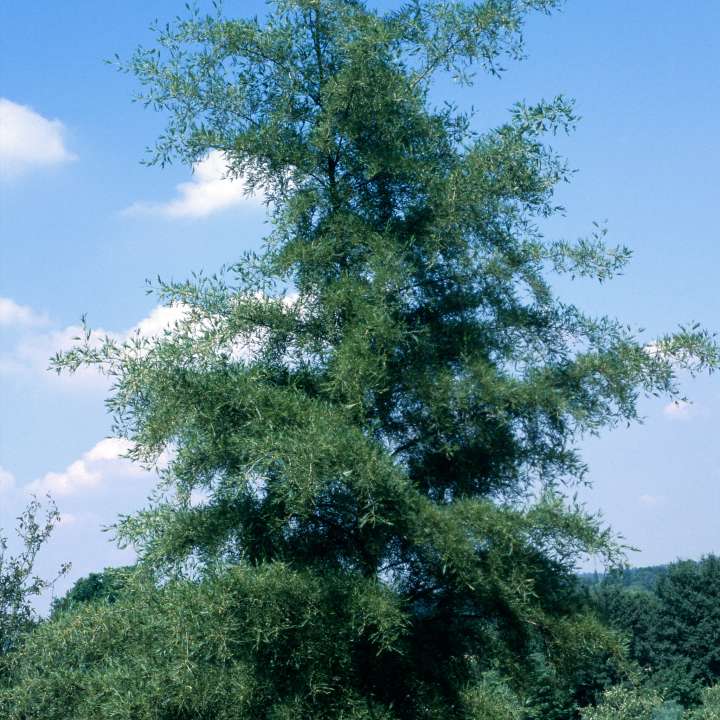 |
|
Photo: Alnus glutinosa 'Imperialis' |
Trees for wet soils
• Alnus glutinosa (Alder)
• Betula nigra (River Birch)
• Populus tremula (Poplar)
• Salix alba (White Willow)
• Taxodium distichum (Swamp Cypress)
Trees absorb water-borne pollutants, preventing them from entering our waterways and therefore protecting wildlife. Air pollutants can also be taken in by our trees, including carbon, which is especially beneficial in high-traffic areas.
Trees for berries
Trees provide habitats for many wildlife species, everything from birds and squirrels to insects and bats. Shelter is provided, protecting wildlife from the elements, whether it be sun, rain, or harsh winter winds. Many trees produce berries which the birds and animals will enjoy.
Trees for berries:
• Malus varieties (Crab apple)
• Sorbus varieties (Rowan)
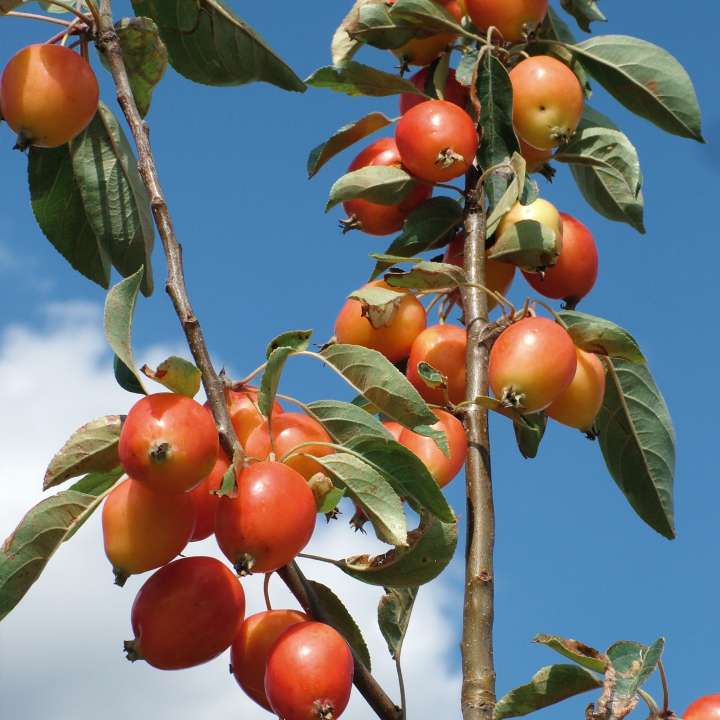 |
| Photo: Malus varieties (Crab apple) |
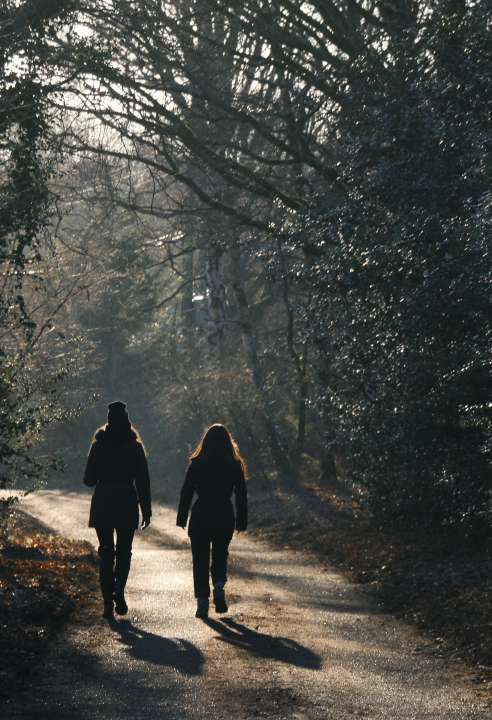 |
There are many woodlands, which provide us with a lovely environment for walking and exercising, improving our physical and mental health. Forest bathing is a Japanese practice of immersing yourself in a forest, focusing on sensory experiences to promote relaxation and improve health.
Walking or sitting in the surroundings of a woodland, being calm and quiet. Soaking up the atmosphere and observing nature is beneficial to our mental health and well-being. If you’re feeling a bit down or stressed and things are getting on top of you, then take yourself to the outdoors. Appreciate the stillness of the calming greenery and the beautiful wildlife around you. Better still, if you go with a friend… take a flask
 |


